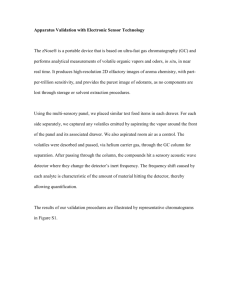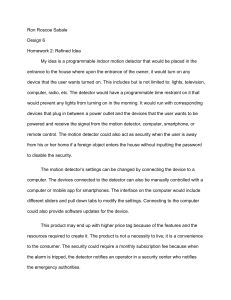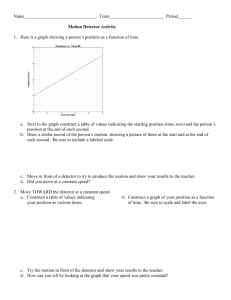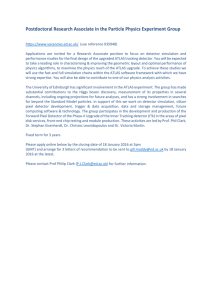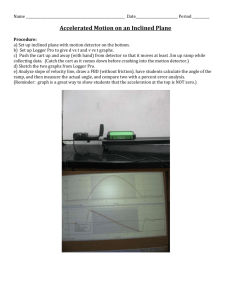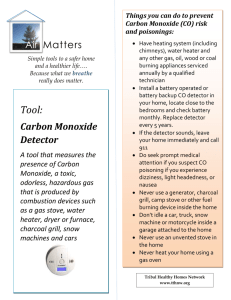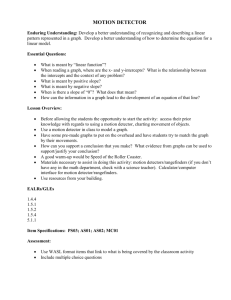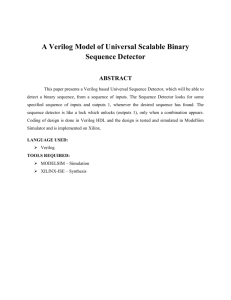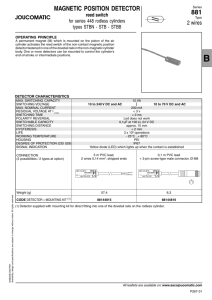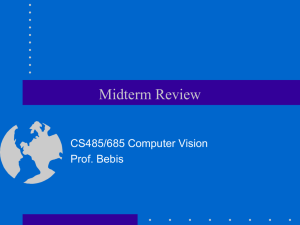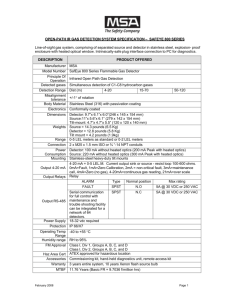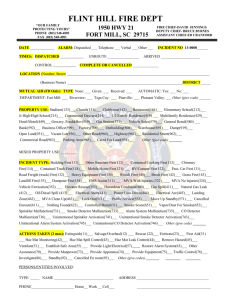AnnBibandReferenceGuidelines
advertisement
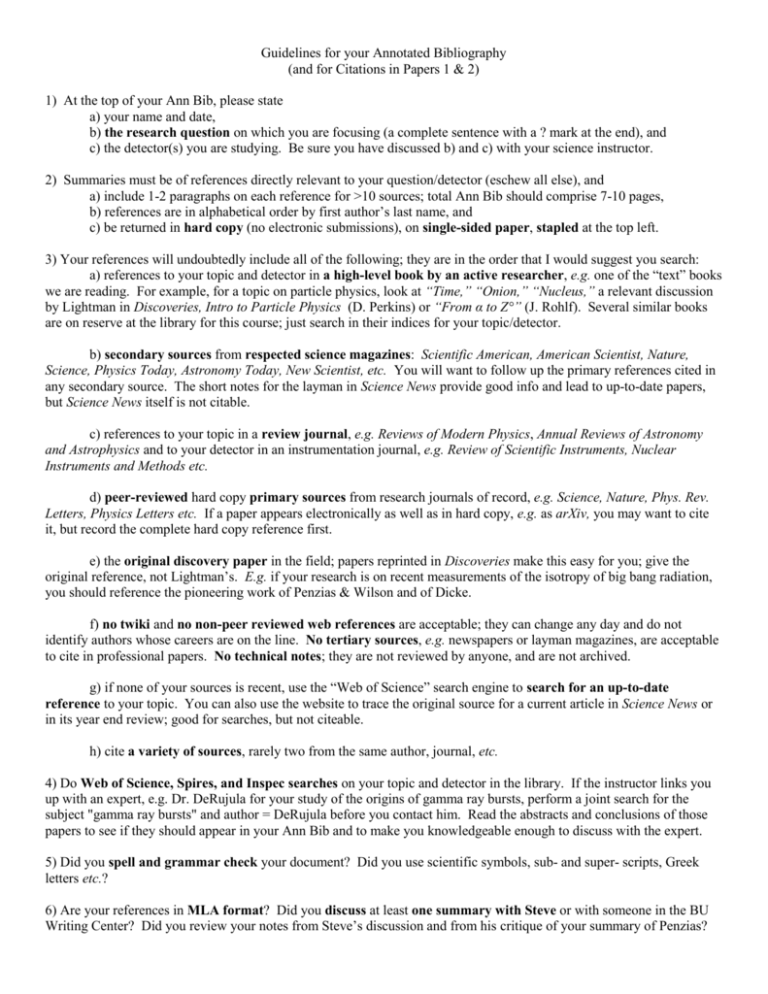
Guidelines for your Annotated Bibliography (and for Citations in Papers 1 & 2) 1) At the top of your Ann Bib, please state a) your name and date, b) the research question on which you are focusing (a complete sentence with a ? mark at the end), and c) the detector(s) you are studying. Be sure you have discussed b) and c) with your science instructor. 2) Summaries must be of references directly relevant to your question/detector (eschew all else), and a) include 1-2 paragraphs on each reference for >10 sources; total Ann Bib should comprise 7-10 pages, b) references are in alphabetical order by first author’s last name, and c) be returned in hard copy (no electronic submissions), on single-sided paper, stapled at the top left. 3) Your references will undoubtedly include all of the following; they are in the order that I would suggest you search: a) references to your topic and detector in a high-level book by an active researcher, e.g. one of the “text” books we are reading. For example, for a topic on particle physics, look at “Time,” “Onion,” “Nucleus,” a relevant discussion by Lightman in Discoveries, Intro to Particle Physics (D. Perkins) or “From α to Z°” (J. Rohlf). Several similar books are on reserve at the library for this course; just search in their indices for your topic/detector. b) secondary sources from respected science magazines: Scientific American, American Scientist, Nature, Science, Physics Today, Astronomy Today, New Scientist, etc. You will want to follow up the primary references cited in any secondary source. The short notes for the layman in Science News provide good info and lead to up-to-date papers, but Science News itself is not citable. c) references to your topic in a review journal, e.g. Reviews of Modern Physics, Annual Reviews of Astronomy and Astrophysics and to your detector in an instrumentation journal, e.g. Review of Scientific Instruments, Nuclear Instruments and Methods etc. d) peer-reviewed hard copy primary sources from research journals of record, e.g. Science, Nature, Phys. Rev. Letters, Physics Letters etc. If a paper appears electronically as well as in hard copy, e.g. as arXiv, you may want to cite it, but record the complete hard copy reference first. e) the original discovery paper in the field; papers reprinted in Discoveries make this easy for you; give the original reference, not Lightman’s. E.g. if your research is on recent measurements of the isotropy of big bang radiation, you should reference the pioneering work of Penzias & Wilson and of Dicke. f) no twiki and no non-peer reviewed web references are acceptable; they can change any day and do not identify authors whose careers are on the line. No tertiary sources, e.g. newspapers or layman magazines, are acceptable to cite in professional papers. No technical notes; they are not reviewed by anyone, and are not archived. g) if none of your sources is recent, use the “Web of Science” search engine to search for an up-to-date reference to your topic. You can also use the website to trace the original source for a current article in Science News or in its year end review; good for searches, but not citeable. h) cite a variety of sources, rarely two from the same author, journal, etc. 4) Do Web of Science, Spires, and Inspec searches on your topic and detector in the library. If the instructor links you up with an expert, e.g. Dr. DeRujula for your study of the origins of gamma ray bursts, perform a joint search for the subject "gamma ray bursts" and author = DeRujula before you contact him. Read the abstracts and conclusions of those papers to see if they should appear in your Ann Bib and to make you knowledgeable enough to discuss with the expert. 5) Did you spell and grammar check your document? Did you use scientific symbols, sub- and super- scripts, Greek letters etc.? 6) Are your references in MLA format? Did you discuss at least one summary with Steve or with someone in the BU Writing Center? Did you review your notes from Steve’s discussion and from his critique of your summary of Penzias?
